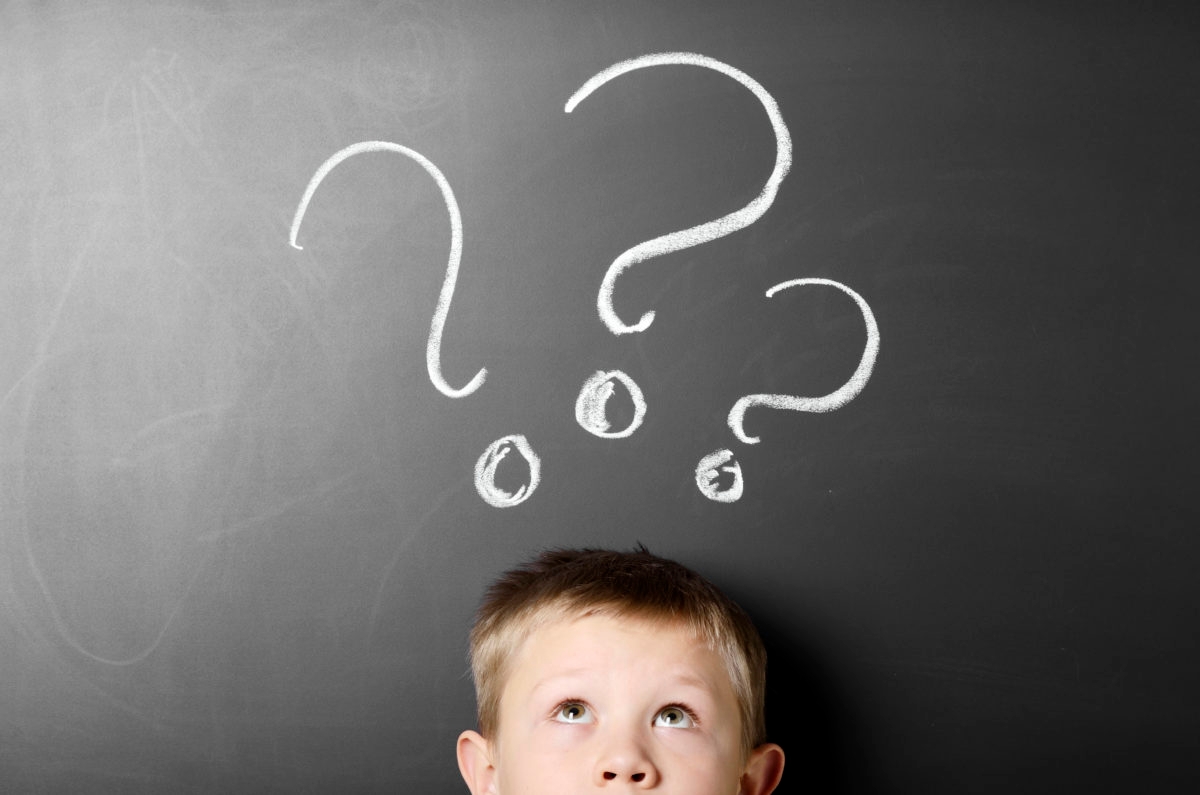I love the way certain phrases, sounds, and words add up to a special family vocabulary. I’m pretty sure my kids think I don’t know the word “head” because I only ever call it by the Yiddish word keppe (especially when I’m giving it a kiss!). My husband’s go-to name for a pretend person is Chaim Yankel. My son has taken to calling me Ima instead of Mommy because it feels more special to him. All of these together create our own unique family language.
If you’re looking to add a few Jewish words to your family’s lexicon, look no further than this list, featuring my absolute favorite Jewish words.
1. Schlep (Yiddish)
This is the perfect word for parenting. When you have babies you suddenly come into a lot of stuff: strollers, baby carriers, high-chairs, diaper bags (and all that stuff you put in them), baby food makers, toys, cribs, swings…the list goes on. And when you have to move all that kid stuff around, that’s schlepping.
To schlep is to go a great distance that’s a bit out of your way, usually carrying something cumbersome and sometimes unnecessary. Used like, “Dance class? It’s such a schlep and by the time we get there, I’ve always forgotten the ballet slippers at home!”
2. Shayna Punim (Yiddish)
I know, I know, it’s two words. This phrase means “pretty face” (shayna=pretty, punim=face) and it’s what my grandma always used to call me. It makes me think of my grandparents, and it always made me feel special. I’ve started using it with my kids and it just makes me so happy to think about using the language of my grandparents and great-grandparents.
3. Balegan (Hebrew)
It means mess, but it also can be used to mean…well…a shitshow. Used in the phrase, “Eizeh balegan!” (what a mess!). Perfect for the bedroom that looks like a tornado just ran through it, the toddler covered in cream cheese or spaghetti sauce, the floor covered in the sesame seeds that have been methodically scraped off of the preschooler’s bagel, or even just the hoops we jump through to figure out after school childcare for our kiddos.
4. Meshuganeh (Yiddish)
This Yiddish word for crazy is perfect for lots of situations. From the chaos of a family vacation to the insanity of a Brooklyn playground at 3:45 p.m., it’s easy to call things meshuganeh. Someone even created Mashuga Nutz, which was even referenced in a “Friends” episode!
5. Capara (Ladino)
This Ladino word is new to my lexicon. My college roommate’s family is originally from Turkey, and not only did they teach me about bunuelos and biscochos, but also this amazing word: capara. It’s one of those words with no direct translation, but I used it the other day when I shattered our coffee pot all over the tile kitchen floor. It’s a combination of “it could be worse” and “forget it happened/nothing bad happened here.” Perfect for a house with young children!
6. Tachlis (Hebrew)
This word is such a part of my daily language that I find myself explaining it to friends constantly. It refers to the essence of something—basically, breaking it down to its component parts. The opposite of big-picture vision, tachlis is about how we actually get the basic, day-to-day work done.
7. Chutzpah (Yiddish)
Chutzpah is all about guts, strength, and, well… balls. It could easily be swapped into the phrase: “I can’t believe you had the balls to do that.” It implies audacity, risk, and confidence. But chutzpah can also get you in trouble. Having too much chutzpah isn’t always a good thing, and it’s important to find the right balance.
8. Mishpacha/Ima/Abba/Savta/Saba (Hebrew)
I know, I’m cheating. There are five words above. But they’re all related! Mishpacha is family, Ima is mom, Abba is dad, Savta is grandma, and Saba is grandpa. These Hebrew words are all about family relationships, and it’s nice to know the component parts of your mishpacha. If you teach your kid Ima, you’ll know when they’re shouting for you from a crowded room of other kids yelling “Mom!”
9. Schmutz (Yiddish)
Anything from a little dirt on your kid’s knees to the strange gunk on the ground outside your apartment that you really really, really don’t want know what it is can qualify as schmutz. Usually schmutz means something unidentifiable, rather than what’s left on the baby’s face after eating strawberries (because duh, it’s strawberries). It’s another great word for kids. Why, you might ask? Because our kids are always, constantly, inevitably, covered in schmutz. Really, how do they get so dirty?
10. Kvell (Yiddish)
We couldn’t have this list without our favorite word and namesake. To kvell is to burst with pride, like over your child. Sometimes kvelling is bragging, but other times it’s just that feeling of overwhelming love that you get when you see what your child can do. There’s nothing better than a good kvell.
Read More:
I Took a Vacation By Myself And It Wasn’t What I Expected
4 Things You Should Do When Your Friend Loses a Spouse
Hilarious Dad Uses ‘Pokemon Go’ to Persuade His Kids to Do Chores








